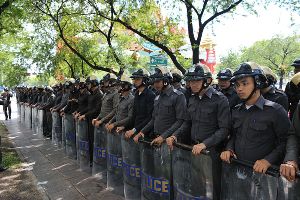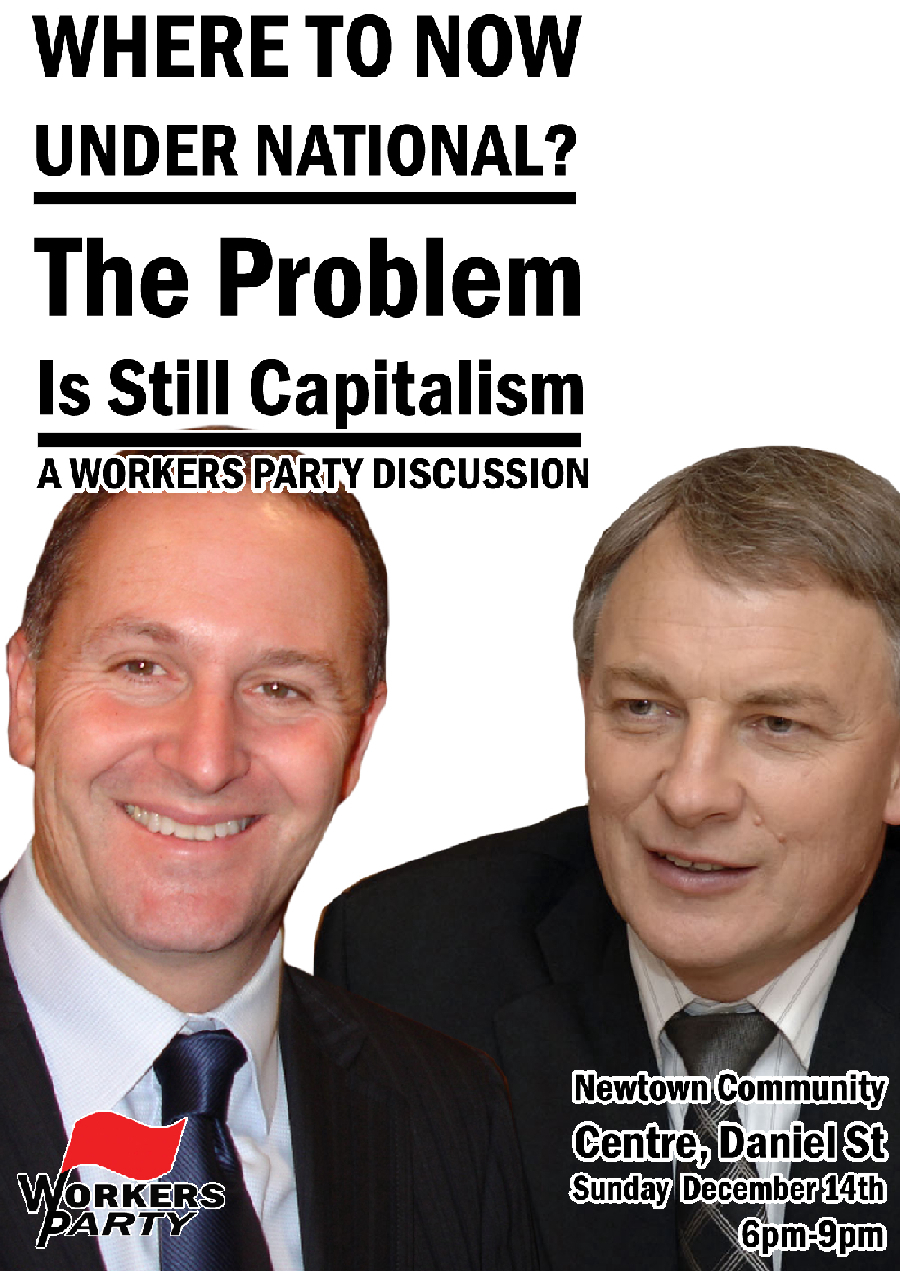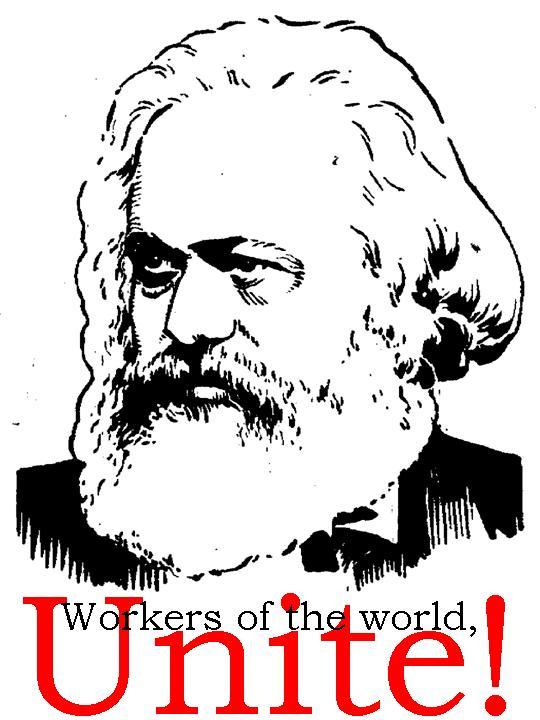Thailand is currently in crisis, with a deformed expression of class struggle occurring between one side that wears yellow shirts and another that wears red. How can we make sense of this situation, and what is the way forward for those of us interested in the interests of the poor and working class? John Moore, formerly a resident in Thailand, and now a Workers Party activist, argues that the Thai working class is a mass force that has yet to roar, but that the small radical element amongst them shouldn’t ‘give up the bullet for the ballot’ to reform Thai society through the Thai capitalist state.
Nepal A Revolution in Progress
-Alastair Reith
The Spark December 2008-January 2009
Ever since the destruction of the Soviet Union, the capitalist class has told us that communism is dead. We are expected to believe that this is as good as it gets, that the inequality and oppression inherent within the capitalist system will be with us forever and there will be no more revolutions. The ruling class declared the end of history. Unfortunately for them, the people of Nepal have decided not to listen.
The red flag flies from Mt Everest
A communist revolution is unfolding in Nepal, a small Himalayan country just to the North of India. Led by the Communist Party of Nepal (Maoist), the workers and peasants of Nepal are rising up and challenging the feudal oppression they face in their daily lives, and the neo-colonial domination they face as a nation.
The last time the Spark published news of the revolution in Nepal, the results of the Constituent Assembly elections had just come in. Despite the corporate media predictions that the Maoists would come in a dismal third place, the Maoists shocked the world by winning a landslide victory, taking 220 out of 575 seats, making them by far the largest party in the Assembly, with more seats than the next two largest parties combined! The elections revealed the level of mass support the Maoists have amongst the people.
Pay up Pak ‘n Save
Pak ‘n Save workers at Lincoln Road in Auckland held a picket today as part of their campaign to get an improved contract. The site was unionised last year by the NDU and the collective agreement is up for renewal.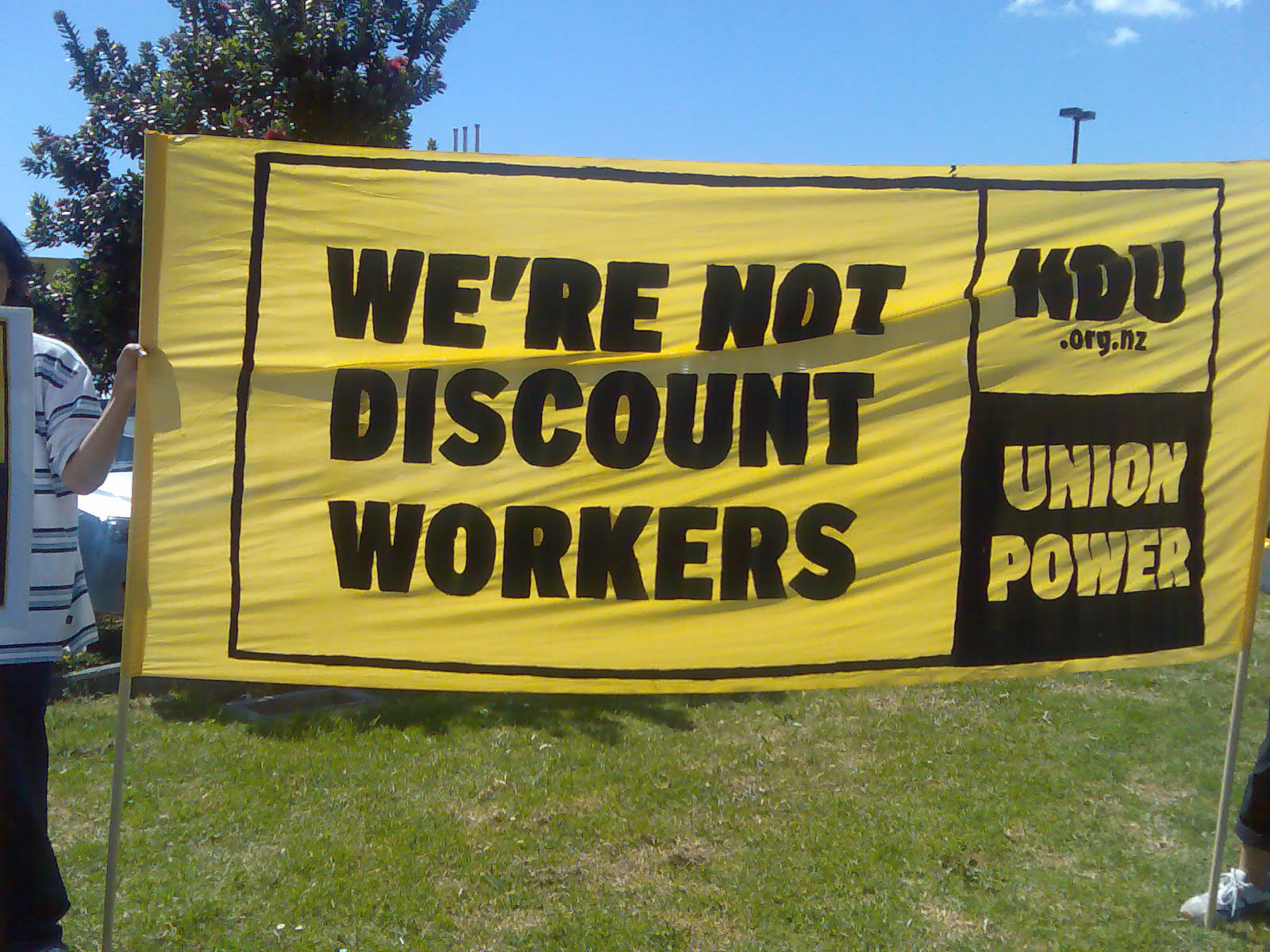
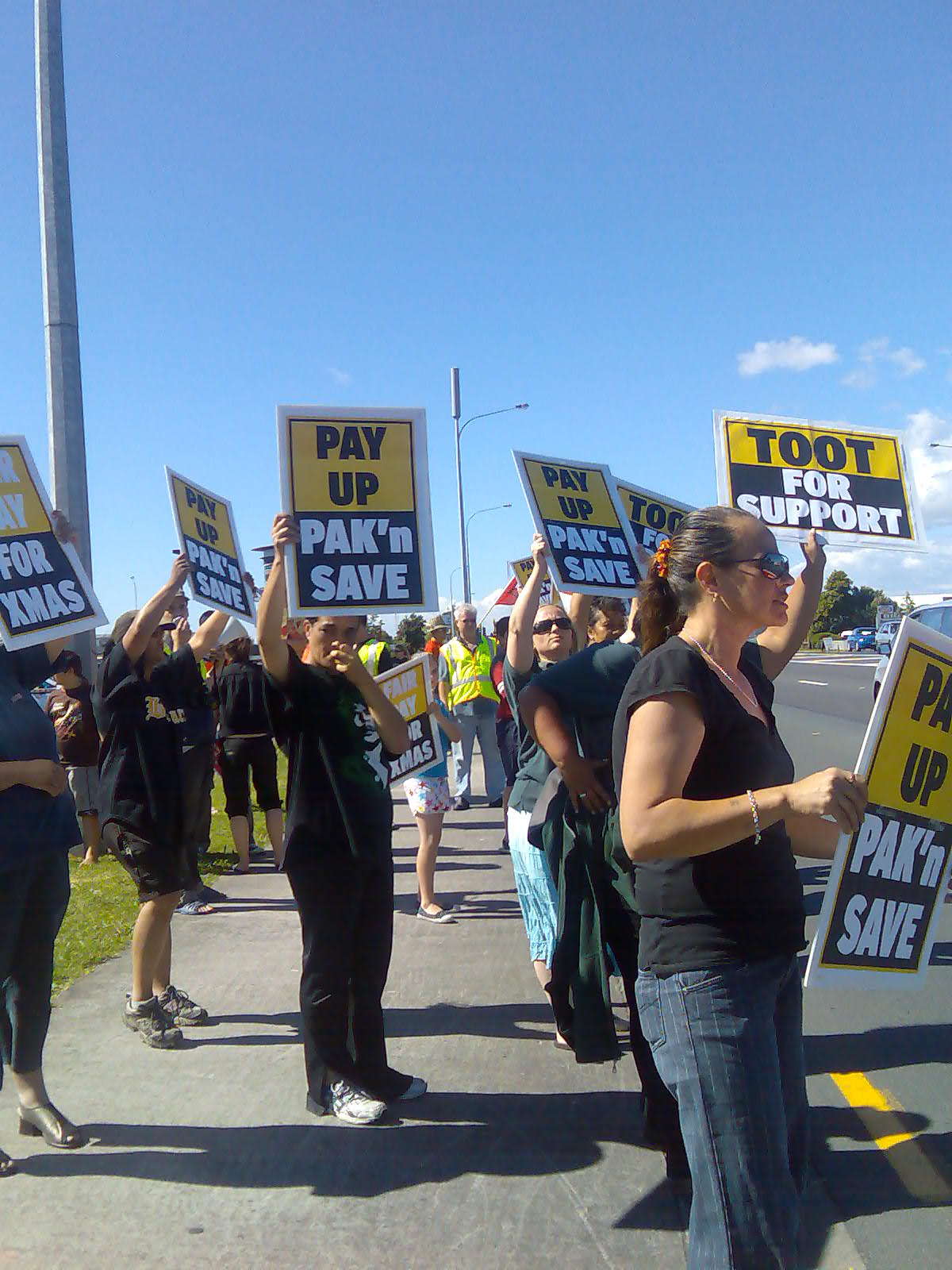
The supermarket is one of the largest and most profitable in New Zealand. The tooting from the public was deafening. Car loads of police arrived and tried to tell the union they couldn’t hold their picket – despite it being entirely peaceful and lawful.
The company has tried to issue trespass orders against union officials. The union officials have refused to accept the notices which cannot supersede union access rights.
The reign of Helen Clark
– Daphna Whitmore
The Spark December 2008 – January 2009
The end was swift. Stepping down on election night Helen Clark ended 16 years as the Labour Party’s leader and nine years as Prime Minister. As Labour’s longest serving head, she was one of its most capable and helped shape the organisation into an urban liberal capitalist party.
Clark personified the new type of Labour politician. She came from a middle class farming background and was university educated. She studied politics and lectured for a few years at Auckland University, then headed straight to parliament in 1981.
In 1984 Labour won the elections and launched Rogernomics. There was not a peep of opposition to this rabidly neo-liberal programme from Clark. Later on she would try to distance herself from that period but as David Lange once quipped, Clark “was so dry she was combustible”. According to Michael Basset, who was a minister in that government, Clark begged Roger Douglas to return to the finance minister’s role in January 1990 when the party was rife with internal divisions over Rogernomics.
Newtown public meeting
Population is not the problem!
-Mike Kay
The Green Party has caused some controversy recently by releasing its Population Policy for New Zealand just prior to the election. The Greens estimate the maximum population that Aotearoa can sustain at 5.7 million. In order that we do not exceed this figure, they propose policies including: “initiatives to raise awareness amongst parents and potential parents regarding the issue of sustainable global population levels.”
They also propose to “regularly review NZ’s immigration policy to ensure that we are retaining capacity to absorb climate change refugees and returning NZ citizens.”
It seems strange that the Greens should have made this an issue in a country that is sparsely populated with an ageing population. But in today’s political discourse, “sustainability” is becoming an essential green veneer to reactionary measures such as immigration controls and restricting working class people’s consumption.
Marx in the 21st century
Talk given by Tim Bowron at a public forum at the Christchurch WEA in November 2008 organised by the Workers Party.
It seems as though these days the only time you are likely to hear the name of Karl Marx mentioned is when he is being dismissed as the proponent of some outlandish utopian ideology which had marginal relevance in nineteenth century Europe but none at all now (the view of most standard history texts) or as a the prophet of capitalist globalisation who also had some rather funny ideas about workers and exploitation with which we need not concern ourselves too much (the view of more sophisticated bourgeois pundits such as the writers for The Economist).
It is indeed true that the idea that the working class of which Marx wrote so volubly is rapidly vanishing from the stage of history has some material basis (at least in first world countries like New Zealand). However while the number of workers directly engaged in the creation of surplus value in areas such as manufacturing and raw material extraction has certainly decreased in New Zealand over the past few decades, the amount of exploitation i.e. the mass of surplus value created by workers in these sectors and expropriated by the capitalists has not.
In addition, although the largest occupational group as measured in the 2006 New Zealand census were labelled as “professionals” (18.85%) followed by “managers” (17.14%), the relationship of these individuals to the means of production is clearly shown in the “status in employment” category where we learn that over 75% of the population are still dependent on selling their labour power in order to earn a living.
The real problem here then is not the absence of class but rather the collapse of working class consciousness (such that a supermarket checkout supervisor may now well consider themselves a “manager”, and various politicians can proclaim that we are “all middle class now”).
Go Harvey Norman, go!
Retailing billionaire Gerry Harvey has lamented that Australian charity is being wasted on “no-hopers”. Asked in a new book about his community role, Mr Harvey said giving to people who “are not putting anything back into the community” is like “helping a whole heap of no-hopers to survive for no good reason”.
A whole heap of no-hoper homeless
Why on earth should we help them survive?
They don’t buy our chairs or appliances
When their dole payments arrive
Even if we display them on special
The homeless won’t buy a tv
They say they’ve got nowhere to plug the thing in
They’re plainly not like you and me.
They don’t have 600 race horses
Or a hundred and sixty odd stores
Or a fortune of one point six billion
And they’re probably covered in sores.
Survival should be for the fittest
Those who get up and get to the goal
Like the beast in the depths of a jungle drought
Who governs the water hole.
Don Franks
Support Hamilton’s locked out bus drivers
The Hamilton bus company Go Bus has locked out 50 drivers after they took strike action for 24 hours, and were planning a fare strike on return to work.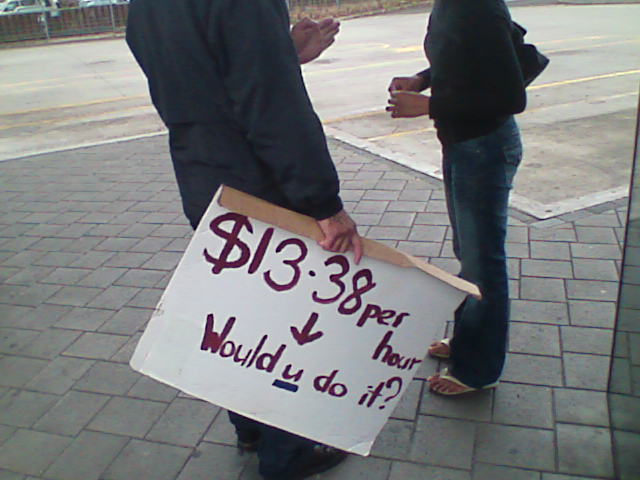
Fare strikes have seldom been used in New Zealand, but they are a creative form of industrial action that can build public support while putting direct economic pressure on the company.
The company imposed a lockout once it heard a fare strike was likely and has kept the workers locked out despite the drivers withdrawing their notice of a fare strike. The drivers are paid $13.50 an hour and are seeking an increase to $16 an hour.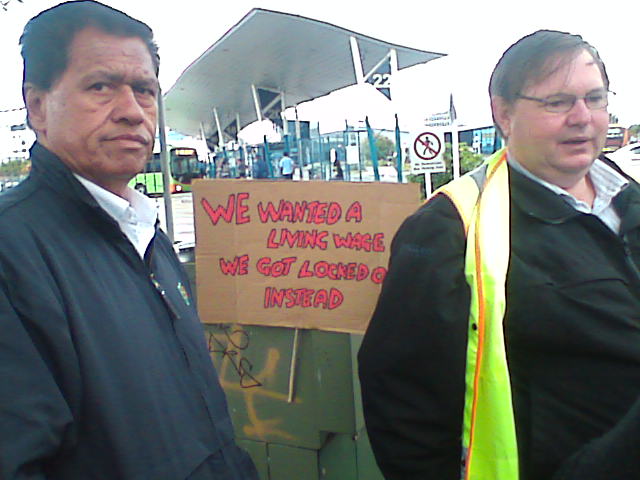
The drivers’ pay is well below a living wage. The Council of Trade Unions is advocating a minimum wage of $16.30, as that is two-thirds of the average wage.
Support the locked out bus drivers: gather at the Transport Centre in Hamilton at 9.30am Monday 24 November.
Workers’ Farmers Parade
Several hundred Farmers workers marched up Queen St in Auckland today in a protest parade. They are angry at the company’s offer of a 20 cent an hour pay increase. Their union, the NDU, timed the protest a week before the official annual Farmers Xmas Parade.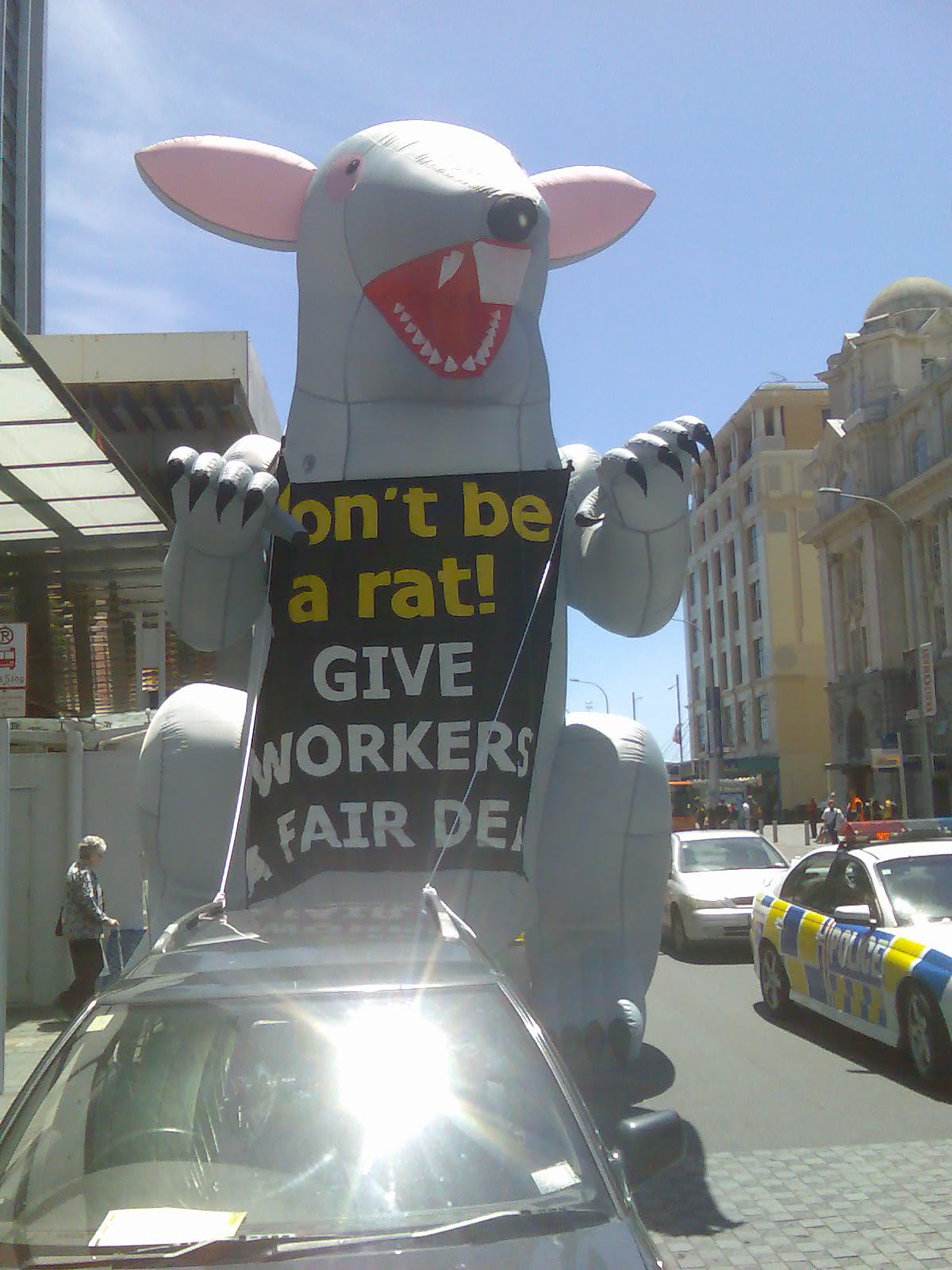
On the march were representatives from several unions. A group of striking workers from McDonald’s stores joined the parade in an act of solidarity. Unite union has had nearly 50 strikes in McDonald’s stores for better pay and conditions. Unite’s 20 foot rat was an eyecatching float on the parade.

